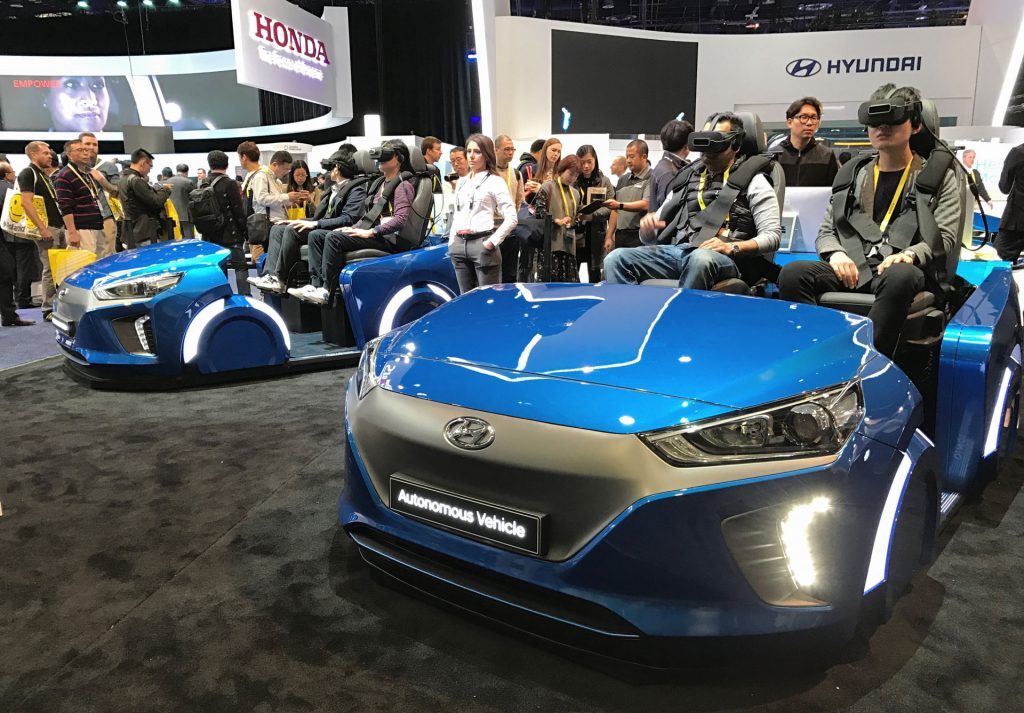Will my eight-month-old son ever learn to drive a car? Or touch type?
Watching him learn to crawl, having mastered sitting, is just the beginning of his discovering how to get around in the world. But in about 15 years’ time, when he needs to start driving himself, will that kind of skill even be necessary?
The world is changing at a phenomenal rate, with exponential shifts in new technology and the promises they hold. What was seemingly set in stone five or 10 years ago has dramatically changed, not least of which is driving one’s own car.
“It is estimated that autonomous vehicles will account for 40% of the personal mileage driven in Europe in 2030,” according to a report by PriceWaterhouseCoopers called “Five trends transforming the Automotive Industry”. It adds: “55% of all new car sales in Europe may be fully electrified by 2030. The car of the future is electrified, autonomous, shared, connected and yearly updated = ‘eascy’.”
I’m considering an electric vehicle as my new car this year – although the choices are very limited in South Africa right now – so by the time my son takes to the road, not only will the cars be electric but autonomous too. I should hope those are the conversations we’re having in 15 years: not electric over petrol, but what brand of autonomous car to choose from.
By then the interface for dealing with a computer, be it in our home or our car, will almost certainly be voice. Scifi movies, especially Star Trek’s classic depiction of it, where the characters say “computer” and then give it an instruction, is already happening in the early days of voice assistants like Amazon’s Alexa, Apple’s Siri, Microsoft’s Cortana, Google Voice Assistant and Samsung’s Bixby. These assistants are the current way we deal with artificial intelligence (AI) and they will get more sophisticated and better at understanding us.
With our smartphones as our primary link to the internet and all the power of cloud computing, voice is increasingly the primary interface for us with our phones and cloud services. This was particularly evident at the Consumer Electronic Show (CES) in Las Vegas in January with a range of new services and implementations, including in many makes of cars.
Consider the evolution of typing, which was once an esoteric skill back in the age of the typewriter, even the electric one. When I studied to be a journalist in the late 1980s, the only group of students who needed to learn to touch type were journalists and secretaries. I learn on a good old mechanical typewriter. By the time I finished my degree, school kids were touching typing as part of their syllabus. Now it’s a skill most kids learn in primary school.
But touch typing is a hack of an interface. It has just been the best alternative until the computers learnt to understand our natural speech. And they are increasingly getting better at it. The network effect means such voice interfaces will get better as more people use them. They’ll even learn our funny South African accents, and hopefully will realise we mean “traffic light” when we say “robots”.
This column first appeared in Financial Mail
